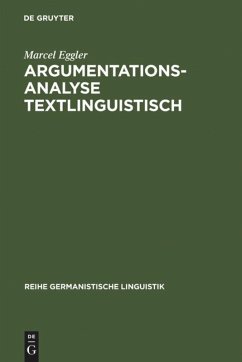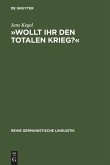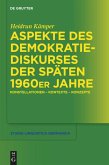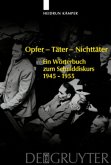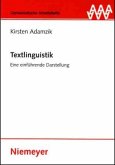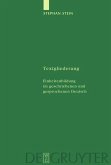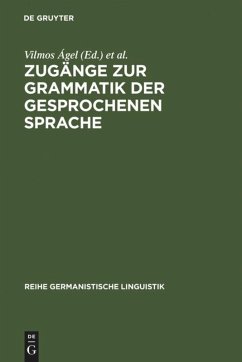How do we argue in exceptional situations? What argumentative patterns do we fall back on in a bid to justify decisions with major ethical repercussions? What kinds of text are produced under these circumstances? The book analyses two prototypic editorials on the Gulf War of 1991 with a view to demonstrating how discourses function in explosive situations, how they can be analysed, and how they can be tested for coherence. The study gives equal attention to compliance with the rules of argumentation, subtle floutings of these rules, and totally unwarranted conclusions.
Wie wird in Ausnahmesituationen argumentiert? Auf welche argumentativen Muster greift man zurück, wenn es gilt, Entscheide mit moralischer Sprengkraft zu rechtfertigen? Was für Texte entstehen unter solchen Umständen? Als Beitrag zur Beantwortung dieser Fragen wird im ersten Teil des Buches ein Instrumentarium entwickelt, das einerseits auf der philosophisch-soziologisch, aber auch rhetorisch ausgerichteten Argumentationstheorie aufbaut, andererseits auf der Textlinguistik und den Konzepten der Inferenzanalyse. Im Hauptteil wird anhand der Analyse zweier prototypischer Leitartikel zum Golfkrieg von 1991 aufgezeigt, wie Notstandsdiskurse konkret funktionieren, wie man sie analysieren und auf ihre Kohärenz hin überprüfen kann. Die Topoi, deren logische und rhetorische Entfaltung im Zentrum des Interesses steht, sind: die historische Analogie ("Konzept Hitler"), die Berücksichtigung der pazifistischen Position in der Pro-Kriegs-Argumentation ("Konzessivrelation"), der "Sieg der Fakten" über die Emotionen, das Argumentum ad personam sowohl gegen politische Akteure ("Saddam-Argument") als auch gegen die Wahrhaftigkeit anderer Diskursteilnehmer ("A-Argument gegen den Diskurs der Friedensbewegung"). Bei der Untersuchung all dieser Topoi gerät die Regelbeachtung im Argumentieren ebenso in den Blick wie das haarscharfe Vorbeischrammen an diesen Regeln und der totale Fehlschluss.
Wie wird in Ausnahmesituationen argumentiert? Auf welche argumentativen Muster greift man zurück, wenn es gilt, Entscheide mit moralischer Sprengkraft zu rechtfertigen? Was für Texte entstehen unter solchen Umständen? Als Beitrag zur Beantwortung dieser Fragen wird im ersten Teil des Buches ein Instrumentarium entwickelt, das einerseits auf der philosophisch-soziologisch, aber auch rhetorisch ausgerichteten Argumentationstheorie aufbaut, andererseits auf der Textlinguistik und den Konzepten der Inferenzanalyse. Im Hauptteil wird anhand der Analyse zweier prototypischer Leitartikel zum Golfkrieg von 1991 aufgezeigt, wie Notstandsdiskurse konkret funktionieren, wie man sie analysieren und auf ihre Kohärenz hin überprüfen kann. Die Topoi, deren logische und rhetorische Entfaltung im Zentrum des Interesses steht, sind: die historische Analogie ("Konzept Hitler"), die Berücksichtigung der pazifistischen Position in der Pro-Kriegs-Argumentation ("Konzessivrelation"), der "Sieg der Fakten" über die Emotionen, das Argumentum ad personam sowohl gegen politische Akteure ("Saddam-Argument") als auch gegen die Wahrhaftigkeit anderer Diskursteilnehmer ("A-Argument gegen den Diskurs der Friedensbewegung"). Bei der Untersuchung all dieser Topoi gerät die Regelbeachtung im Argumentieren ebenso in den Blick wie das haarscharfe Vorbeischrammen an diesen Regeln und der totale Fehlschluss.

